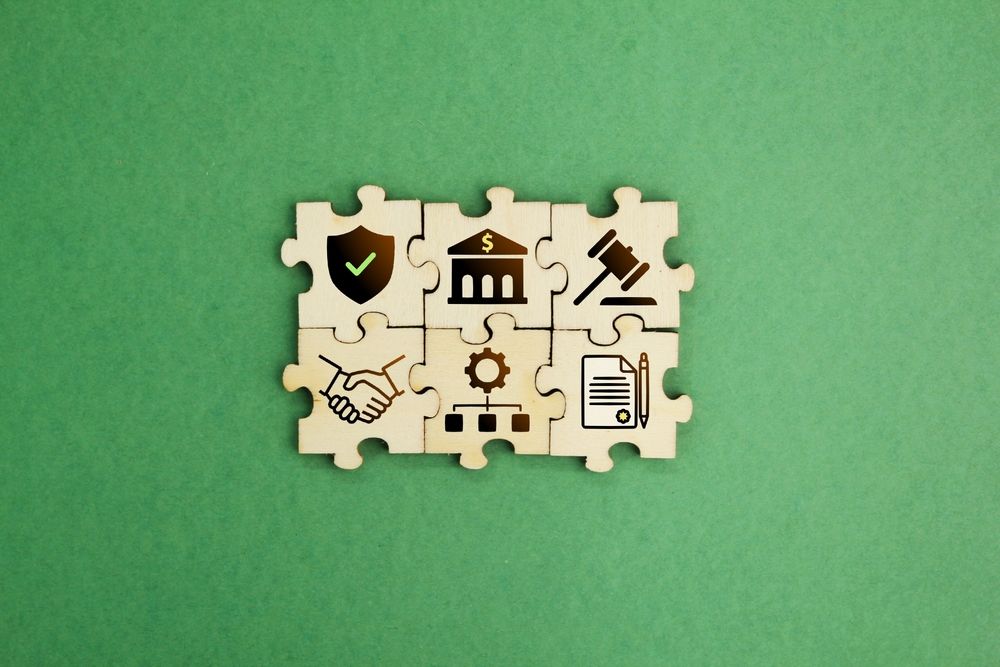
When it comes to making a positive impact on the world, we often think of volunteering, donating to charities, or reducing our carbon footprint. However, there’s an often overlooked yet powerful tool for promoting social good right at your fingertips – your bank account. In a world where finance is intertwined with social and environmental issues, choosing where to bank can be a statement of your values and a stride toward ethical finance. In this article, we’ll explore the ways in which your banking choices can contribute to a better world and how you can align your finances with your ethics.
The Rise of Ethical Banking
Ethical banking isn’t a new concept, but it has gained significant traction in recent years as consumers become more conscious of where their money goes and how it’s used. Traditional banks often invest in a range of industries, some of which may not align with your personal values – such as fossil fuels, tobacco, or arms manufacturing. Ethical banks, on the other hand, commit to socially responsible investment criteria and transparency. They prioritize lending to projects and companies that have positive social or environmental impacts, like renewable energy initiatives, local community projects, or sustainable agriculture.
These banks often operate on a value-based banking model, which means they’re committed to using finance to deliver sustainable economic, social, and environmental development. With an ethical bank, you can rest assured that your deposits are not funding harmful industries but are instead fostering positive change. By choosing an ethical bank, you’re not just a customer; you’re a partner in their mission to create a better world.
Understanding the Impact of Your Money
Your deposits in a bank are not static. When you put your money into a bank account, the bank uses it to make loans and investments. Essentially, your money is put to work, but without your direct control over where it goes. This is why the choice of your banking institution matters. Mainstream banks may invest in profitable ventures without necessarily considering the social or environmental impact. In contrast, ethical banks use your money to support projects that align with certain principles, such as social equity and environmental sustainability.
It’s important to understand the power of collective action in this context. While one person switching to an ethical bank might seem like a drop in the ocean, a mass movement can significantly shift the industry. As more people demand transparency and social responsibility, even traditional banks may begin to reconsider their investment choices. By being mindful of the impact your money can have, you’re contributing to a larger trend that prioritizes ethical finance.
How to Choose an Ethical Bank
Making the switch to an ethical bank requires research and consideration. Here are a few steps to help you choose the right bank for your ethical finance journey:
- Assess the Bank’s Values: Look into the bank’s mission statement, values, and the types of projects they finance. Ensure these align with your personal ethics.
- Check for Certifications: Certifications like the Global Alliance for Banking on Values or B Corp status can indicate a bank’s commitment to social and environmental standards.
- Review the Product Offerings: Ensure the bank offers the financial products and services you need, such as savings accounts, loans, and online banking.
- Understand the Fees: Ethical doesn’t have to mean expensive. Compare fees and rates to ensure you’re getting a fair deal.
- Read Customer Reviews: Other customers’ experiences can offer insights into the bank’s customer service and reliability.
Remember, the goal is to find a balance between a bank that supports your ethical stance and one that meets your financial needs.
The Broader Benefits of Ethical Banking
Choosing an ethical bank has broader benefits beyond individual satisfaction. By supporting ethical finance, you’re contributing to a more equitable and sustainable economy. Ethical banks often support local communities by financing small businesses, affordable housing projects, and community services. They can also play a significant role in advancing renewable energy and sustainable practices by funding green initiatives.
Moreover, ethical banking can influence the wider finance industry. As demand for responsible banking grows, it can push traditional banks to adopt more ethical practices to remain competitive. This can lead to systemic changes that prioritize people and the planet alongside profit.
Putting Your Money Where Your Heart Is
Where you choose to bank can have a profound impact on the world. By opting for an ethical bank, you’re making a powerful statement about the kind of future you want to see. It’s an accessible form of activism that works silently yet effectively to support social and environmental progress. Banking on social good is more than a financial choice; it’s a commitment to aligning your money with your morals.
The journey toward ethical finance is not only about making the right choice for yourself but also about inspiring others to consider the impact of their financial decisions. As consumers, we hold more power than we often realize. By choosing to bank ethically, we can collectively steer the finance industry towards a more responsible and sustainable future – one account at a time.
